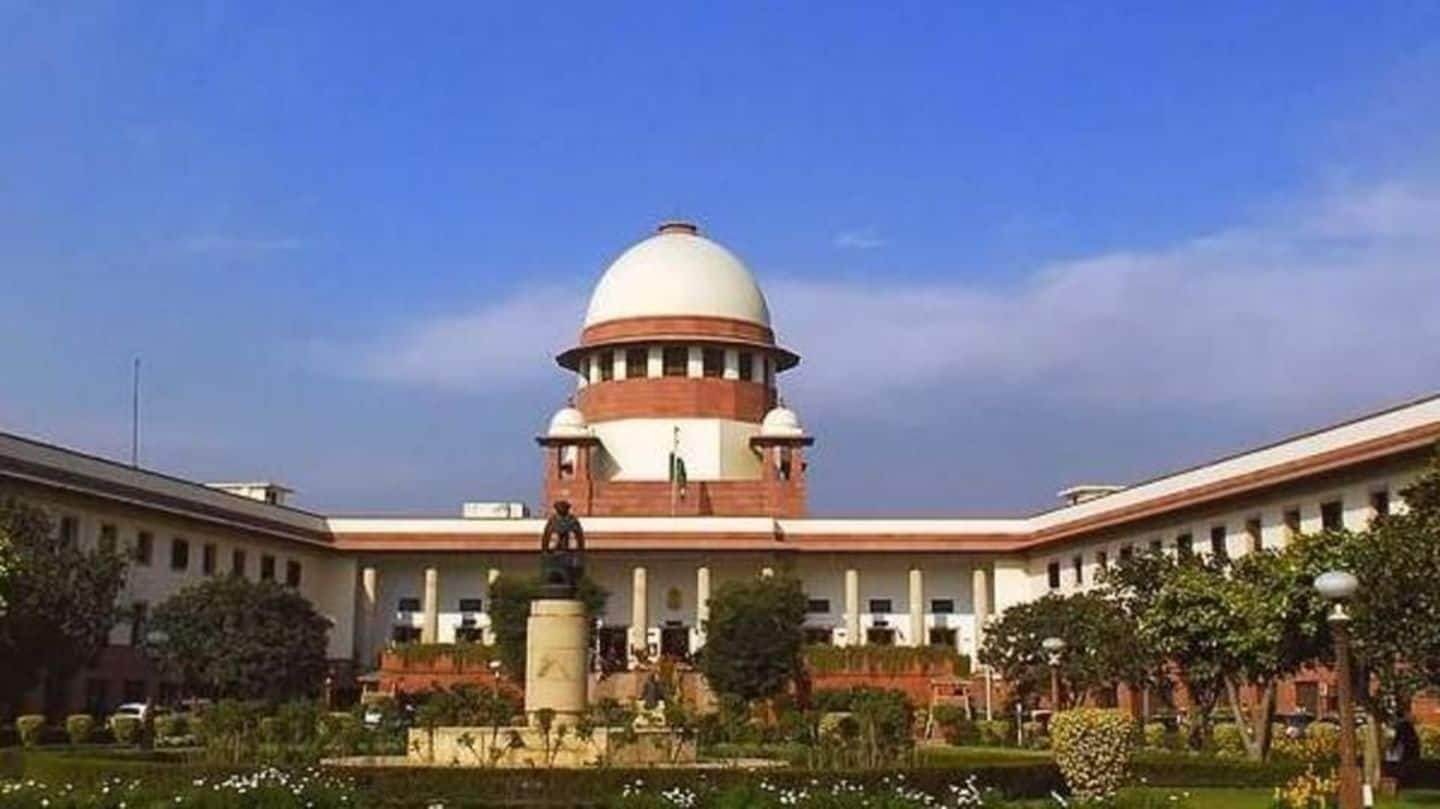
Privacy is a fundamental right: What will change now?
What's the story
The SC has had two momentous days. Yesterday, it struck down the practice of triple talaq, marking a milestone in the fight for women's rights.
Today it declared privacy a fundamental right under the right to life and liberty.
Millions are hopeful this verdict will act as the harbinger for other progressive legislation.
But how exactly will it impact different issues? Here's more.
Details
Here's what you should know about the verdict
The ramifications of the verdict go much farther than Aadhaar. The SC linked the right to Articles 14, 19 and 21, thus extending it to sexuality, parting of personal data through credit cards/internet, etc.
Any law infringing on the Right to Privacy stands quashed, lawyer Prashant Bhushan says.
However, privacy hasn't been defined. Controversies will have to be dealt with on a case-to-case basis.
Section 377
Does this mean the government can't enter our bedrooms?
The Delhi HC in 2009 decriminalized homosexuality, but the SC later upheld Section 377, saying it affected a "minuscule fraction of the population".
Justice DY Chandrachud observed, "That 'a miniscule fraction' (is affected) is not a sustainable basis to deny the right to privacy."
Discrimination on the basis of sexual orientation is "deeply offensive", he added.
A petition against Section 377 is pending in the SC.
Women's rights
Will women get the freedom to choose to abort?
The MTP Act allows abortions up to 20 weeks, subject to certain terms. But Justice J Chelameswar noted: "A woman's choice of whether to bear a child or abort are areas which fall in the realm of privacy."
Dismissing a right just because it is not found in the Constitution's text "would be an affront…to the wisdom of the Constituent Assembly members", he said.
Do you know?
Will individuals be able to choose to terminate their life?
In 2011, the SC allowed passive euthanasia in the "rarest of rare" circumstances. However, there's no law on it yet. Justice Chelameswar observed, "An individual's right to refuse life prolonging medical treatment or terminate life falls within the zone of the right of privacy."
Beef ban
Will we be able to eat what we want?
The beef ban has seen a raging debate. Several people have died in related violence.
Now things are likely to change. "I do not think that anybody would like to be told by the State as to what they should eat or how they should dress or whom they should be associated with either in their personal, social or political life," Justice Chelameshwar said.
Sharing
Will it change the way we share information?
Personal details about individuals often make their way out of the target audience. Under Section 66A, an individual can be prosecuted if their online posts don't meet certain criteria.
Private companies collect users' data on a regular basis to customize services.
The DNA Profiling Bill holds that someone's DNA can be profiled without consent.
All such practices and laws may have to be overhauled.
Information
What about Aadhaar, due to which the battle started?
Contrary to what most might think, this ruling doesn't have a direct impact on Aadhaar. The case on whether Aadhaar can be made mandatory will now go to a five-judge bench. However, the way arguments unfold will be impacted by this verdict.